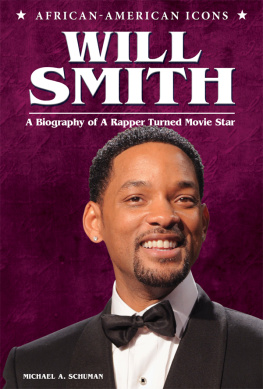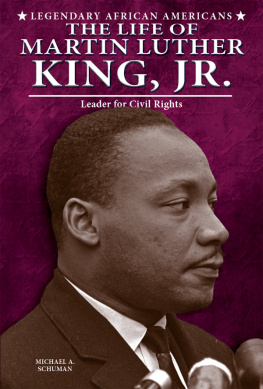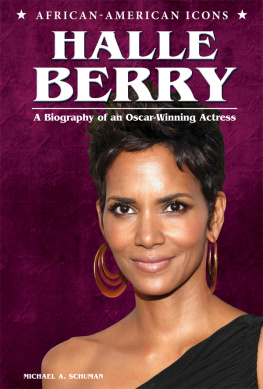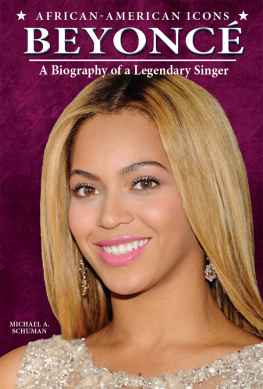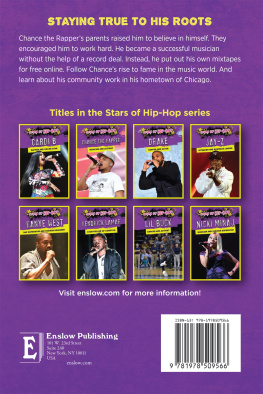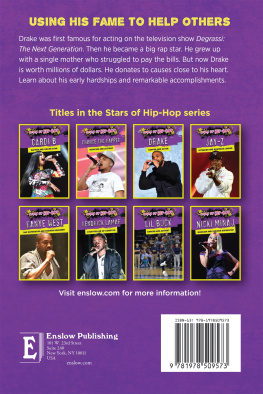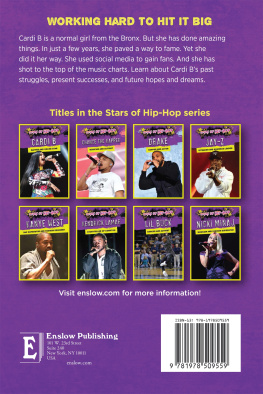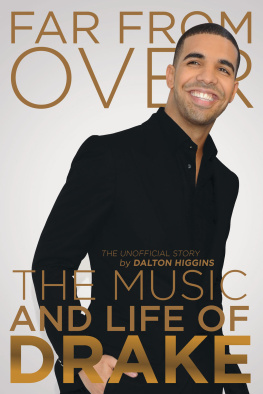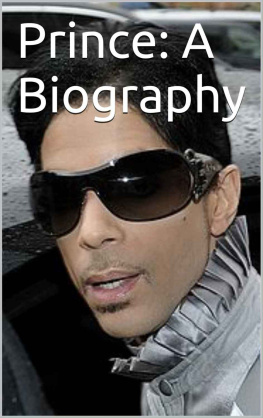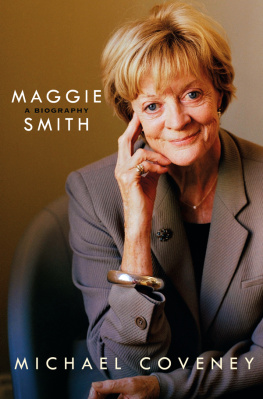A Biography of A Rapper Turned Movie Star
Will Smith has taken the fast track to superstardom. From Grammy winning rapper to A-list Hollywood actor, this once silly kid learned how to balance both rap and television. His popular rap music opened doors for Smith, who became a TV star on The Fresh Prince of Bel-Air. Since then, he has had several blockbuster hits including Independence Day and Men in Black.
ABOUT THE AUTHOR
Award-winning author Michael A. Schumans work has been published in magazines and newspapers all over the United States. He has written many biographies for Enslow Publishers, Inc., including Halle Berry: A Biography of an Oscar-Winning Actress.

By the time he was thirteen years old, Will Smith was already known as a rapper on the street corners of Philadelphia. Seven years later, he was up for one of the music industrys highest honors. It was February 1989, and the setting was the annual Grammy Awards ceremony. Grammys are given every year by the National Academy of Recording Arts and Sciences (NARAS) to honor the best performances of the previous year.
Will Smith and Jeff Townes were recording together as DJ Jazzy Jeff and the Fresh Prince. They had been nominated for a Grammy in the category of best rap performance for the song Parents Just Dont Understand on their album Hes the DJ, Im the Rapper. The fact that rappers were even being nominated for a Grammy was a major news item.
Rap music had been around for more than ten years, but this was the first time it was being included in the Grammys. The National Academy of Recording Arts and Sciences has always been slow to recognize new genres of music. Although the Grammys were first awarded in 1958, it was not until 1964 that a rock and roll act, the Beatles, won an award. Elvis Presley, the King of Rock and Roll, never won a Grammy for his rock recordings; only his gospel records won Grammys: in 1967, 1972, and 1974. The Rolling Stones, who released their first recording in 1964 and are considered by many critics to be one of the greatest rock and roll bands of all time, did not win a Grammy until 1994.
It is no secret that NARAS is not at the cutting edge of new musical art forms. In 1989, NARAS president Mike Greene described the organization as a fat old lady walking down the street, and its easy to throw things at us. That is why it was big news when rappers made it to the Grammys that year.
Some rap music is political and angry, filled with profanity and lyrics that defend violence and demean women. Smith and Towness rap music, in contrast, is a humorous celebration of topics such as dating and partying. While their style of rap has its roots in the African-American community, young people of all races can relate to the subject matter and humor. Some other rappers have criticized Smith and Towness music, saying that without the hard edge and anger, it is watered down and not real rap.
There are still some people who do not consider rap to be legitimate music. This group includes many whites and older people, even some of those who had grown up with the rebellion of rock and roll. Although rap was finally making it to the Grammy Awards, it seemed to Smith and Townes that NARAS might have felt the same way. The duo was disappointed to learn that the award for rap perfor-mance would not be televised on the live Grammy Awards program.
According to NARAS, this was not a judgment on the validity of one type of music over another. It was simply a question of time. There were seventy-six musical categories, but only fifteen presentations would fit into the broadcast. The other awards, including the one for rap performance, would be given out in a separate ceremony before the broadcast. NARAS president Greene explained, Every year people get mad because their form is not on. Im glad people feel passionate about their music. We take note and generally try to even it out year by year.
Still, Smith and Townes took it as a slap in the face. They were proud of their music and proud that it came out of their African-American heritage. Smith explained their frustration, saying, Its like going to school for twelve years and then not being able to walk across the stage [and get your diploma].
After thinking it over, Smith and Townes made a decision. If their category of music was not important enough to be televised, then they would boycott the ceremonyand they did. The people of NARAS got the message. After that year, the rap performance award would be televised.
Smith and Townes won the 1989 Grammy for best rap performance. Even though the duo did not attend the ceremony, that night marked the first time that many people heard the name Fresh Prince. It would be far from the last.
Rap music first emerged from the African-American neighborhoods of New York City in the late 1970s. The word rap was 1960s slang for talk or conversation. A person could rap with friends or get involved in a rap session about a certain topic. So it seemed only natural that music with spoken words would be called rap music. According to some entertainment historians, RAP is an acronym for Rhythm And Poetry.

Willard Christopher Smith Jr. was born on September 25, 1968, in Philadelphia, Pennsylvania. His parents, Willard and Caroline Smith, both worked full time. Wills father was a refrigeration engineer with his own business, and Caroline was an administrator for the local Board of Education. Their first child, Pamela, was four years old when Will was born.
The Smith family lived comfortably in a mid-sized brick row house in a middle-class section of Philadelphia called Wynnefield. It was a diverse neighborhood, with many African-American and Jewish residents.
From his first days, Willie Jr. was known as a bit of a show-off. In one of the earliest family videotapes, toddler Willie is seen hogging the camera. According to his mother, Will could speak before he could walk. His maternal grandmother, Helen Bright, recognized Wills knack for showmanship and cast him in a variety of religious plays and pageants at the familys church, the Resurrection Baptist Church. Throughout his childhood, Will loved entertaining his family and friends.
When Will was three, his mother gave birth to twins, Harry and Ellen. The family of four suddenly turned into a family of six. But even with two more mouths to feed, Wills parents made sure their children never lacked anything they needed.
Will was a tall, gangly boy with big ears. Some of the other kids told him he resembled Alfred E. Newman, the goofy-looking cartoon mascot of Mad magazine. One boy joked that Wills big ears made him look like a car going down the street with its doors open.
Will drew attention away from his looks by playing the class clown. When he was not cracking jokes or making up funny stories, he was doing the typical gross things that boys enjoysuch as stuffing straws up his nose for a quick laugh. When Will was being punished at home, he would make funny faces at Harry and Ellen, making them laugh. Then the twins would get in trouble, too.
Will Smith Sr., who had been a drill sergeant in the United States Air Force, drew upon his military background to instill discipline at home. His family lived by the words You get up in the morning prepared to go to work.

